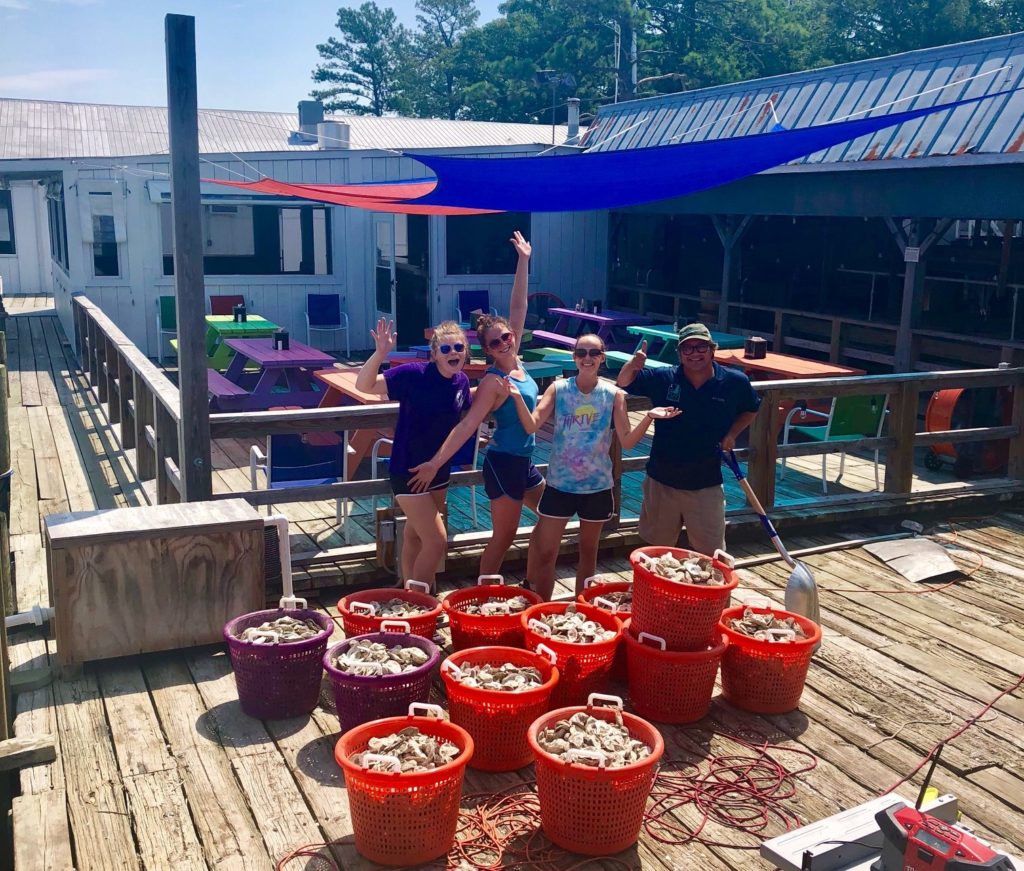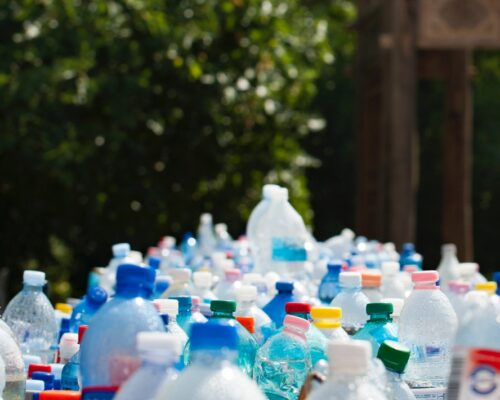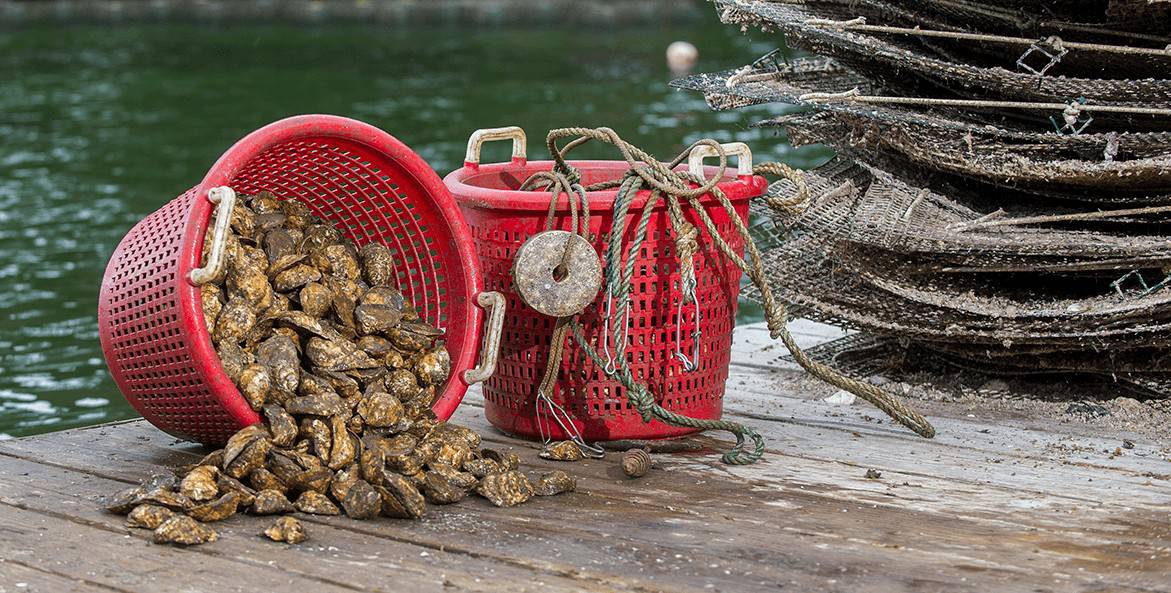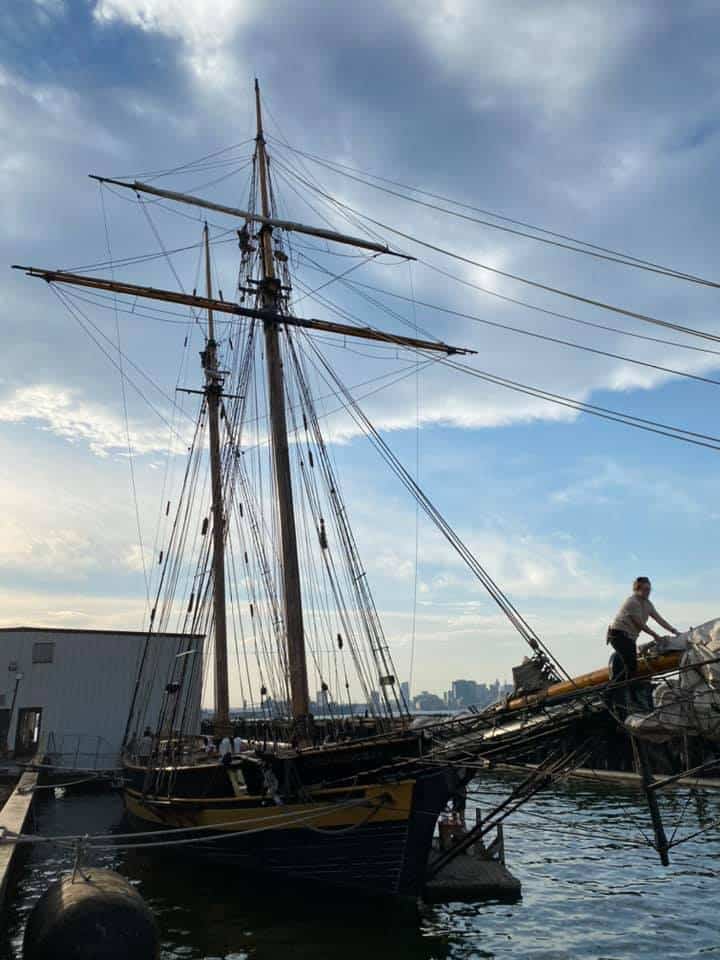A new round of grants will give Chesapeake Bay-region children education opportunities in 2023 that they won’t soon forget: getting hands-on with oysters. And with any luck, they’ll become the next generation of oyster conservation stewards.
The Chesapeake Oyster Innovation Award Program, a partnership between the Chesapeake Bay Trust and the Chesapeake Oyster Alliance (COA) seeks to “increase knowledge within priority audiences of the value of oysters, oyster fisheries, and aquaculture efforts” by funding programs for kids in several parts of the Bay.
The program also aims to “advance technologies for increasing oyster population or aquaculture production, and/or advance oyster population monitoring techniques,” with grants like the one being used to create synthetic oyster shell for oyster farms to use (as seen in Cheryl Costello’s video this week!).
Four of this year’s 13 grant awards focus specifically on school students. The Portsmouth Public Schools Oyster Project engages students in a Meaning Watershed Educational Experience (MWEE) with an oyster float experiment. Students will get to see the impact oysters have on the Chesapeake Bay ecosystem by raising oysters, collecting oyster data, analyzing data, exploring oyster habitats, and building oyster reefs. The students’ final projects will educate residents about the value of oysters through the development of scientific Public Service Announcements via YouTube and other strategies.
Friends of the Rappahannock (FOR) is creating and piloting curriculum focused on the science of oysters, oyster aquaculture, and oyster restoration. FOR will pilot this curriculum in school districts in the Northern Neck and Middle Peninsula of Virginia (see here for a sample of an earlier FOR education project on which this new initiative will build).
Barretts Neck Seafood LLC in Suffolk, Va. will have the chance to transform Lion’s Paw Oyster Restoration Education Sanctuary into an outdoor living classroom on the Nansemond River. It’s designed to educate, advocate, and increase the number of oysters on site while also trying to improve water quality there. Participants will contribute to every phase of the oyster restoration industry: charting the bed, bagging and depositing shell, cultivating oyster larvae, planting seed oysters, assessing associated organisms, and monitoring the oyster population’s size, growth, and mortality. They will also monitor water quality for pollution, sea level rise and flooding.
The Collaborative Oyster Restoration and Education (CORE) project is a collaborative oyster monitoring and education partnership between Black Girls Dive Foundation (BGDF) and the Severn River Association (SRA). It will address the Severn’s fragile oyster population and, at the same time, the need for robust aquatic-STEM engagement learning for underrepresented minorities. CORE project activities involve engaging girls in late middle and high school in a marine science-based field program on and in the Severn River.
“The Chesapeake Oyster Alliance is proud to award these grants to so many different and deserving organizations,” said Tanner Council, COA Manager. “This program is designed to drive innovation in the oyster sector and magnify the amazing work happening across the Bay to help COA and its partners reach the goal of adding 10 billion oysters to the Bay by 2025.”
-John Page Williams




